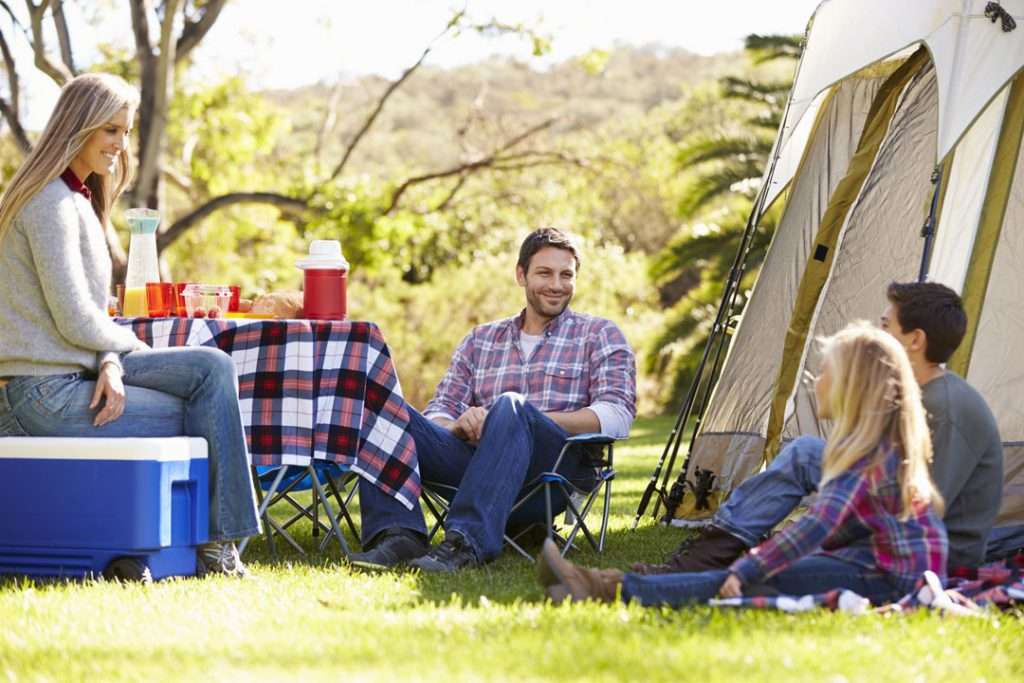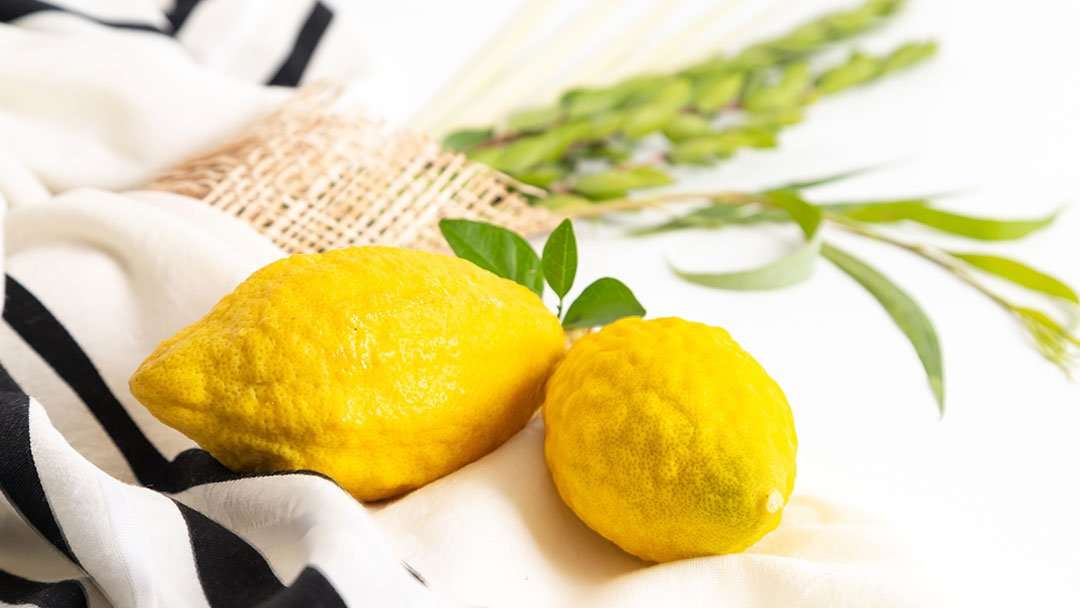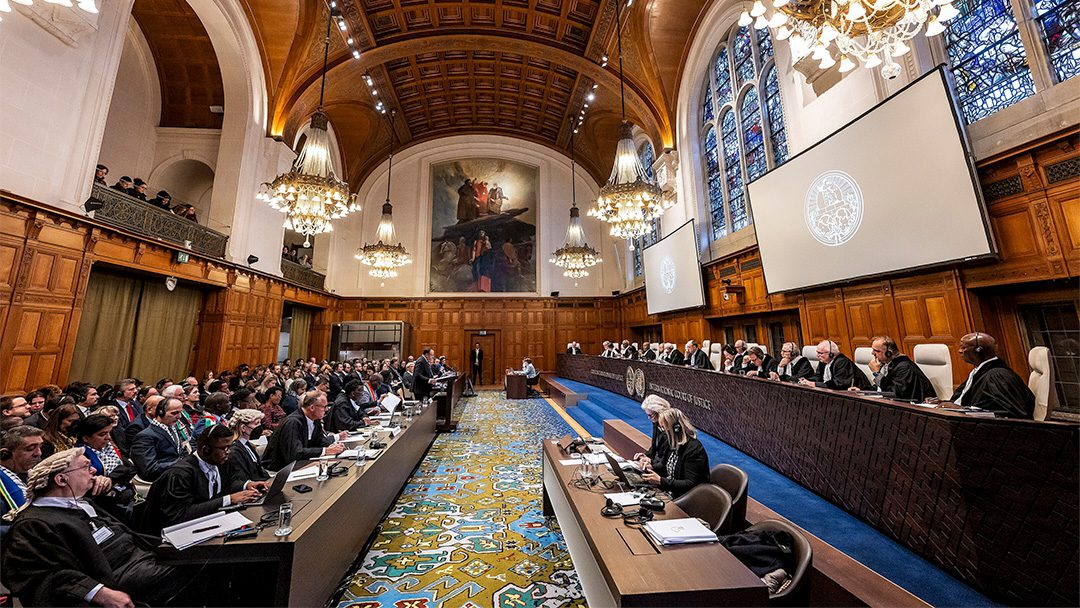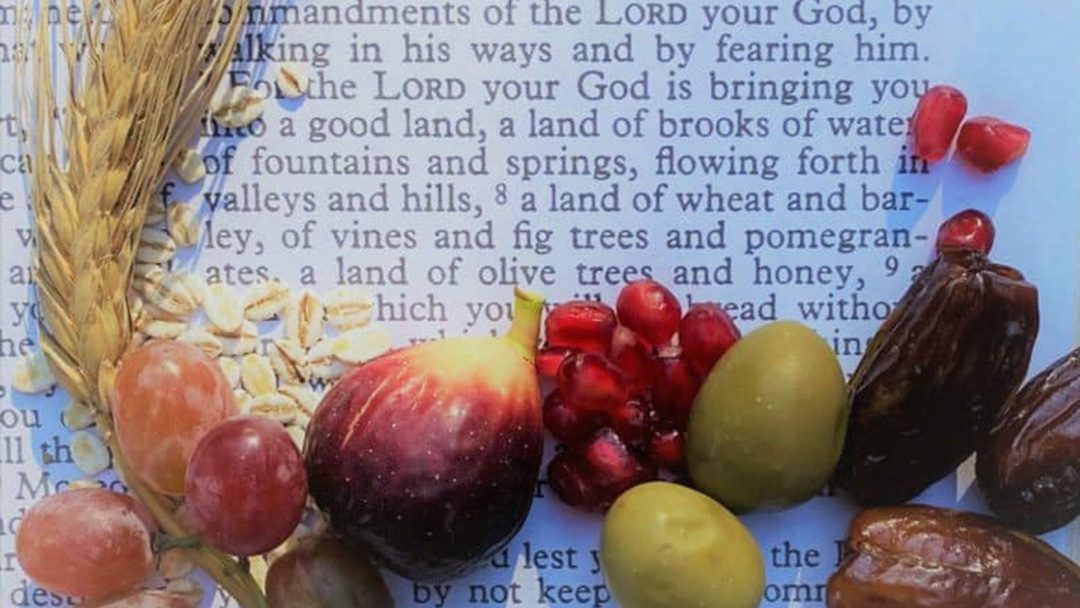In Leviticus 23:2 the Lord said to Moses, “These are My appointed feasts, the appointed feasts of the Lord”. The Lord was speaking of all the seven major feasts in the Jewish calendar that He then went on to outline and which are recorded in the rest of Leviticus 23.
The Feast of Tabernacles is the final one of these feasts, and as we well know is marked by much joy and thanksgiving as God’s chosen covenant people remember and celebrate His greatness, His grace and His goodness.
We should note that they are the Lord’s feasts, appointed by Him. At the very least that should alert us to the fact that there are important things that we Christian believers who have been grafted into the olive tree that is Israel can learn. Our roots are Hebraic, and we are both unbiblical and unwise to forget that.
An intriguing aspect of the four species that we have mentioned earlier—the palm, myrtle, willow (the lulav) and citron—which the Jewish people are commanded to bind together and wave in the sukkah is the fact that these are in Jewish literature likened to different parts of the human body.
The palm—a man’s spine; the myrtle branch—his eyes; the willow—his lips; and the citron—his heart. From this we can be reminded that all parts of the body are to be united in offering dedicated service to the Lord. As Paul said, “offer your bodies as living sacrifices, holy and pleasing to God—this is your spiritual act of worship” (Romans 12:1).
And so as Christians we may remember at the Feast of Tabernacles that we are all part of one body—the body of all those who believe in Jesus. We belong together, we need one another, and we need to guard our unity as the people of God. Satan is always out to destroy our unity if he could.
At the same time, we also celebrate our spiritual connection with the Jewish people. Remember what Paul wrote about our being grafted into our Jewish root in an important section in Romans 11:11-24—“I am talking to you Gentiles…. You, though a wild olive shoot, have been grafted in among the others and now share in the nourishing sap from the olive root…. You do not support the root, but the root supports you…. Do not be arrogant….”
How we need to reaffirm this today when reports of increasing antisemitism—triggered by arrogance, hatred, misinformation and outright bias—are featured in all sections of the media. The Executive Council of Australian Jewry releases an annual report on antisemitism in Australia. In the 2020 report, there was a decrease in reported antisemitic incidents compared to the previous year (probably due to pandemic restrictions), but there was a worrying increase in serious incidents such as physical assaults, intimidation and verbal abuse, including being accused of causing the current pandemic.
It is vital that as Christians we continue to declare and demonstrate our unity and solidarity with the Jewish people, for we really do belong together as covenant people. Our roots as Christians go deep into Jewish soil, and we “share in the nourishing sap from the olive root.” That speaks of shared life!
As we reflect once more on the week-long living by Jewish people in the sukkah or booth, it doesn’t take much to see how this would result in the breaking down of all kinds of barriers between people. Booth-dwellers become more aware of the things that bind them together than the things that may separate them.
…we should celebrate the things that bind us together far more than the differences that may separate us
Think about it for a moment. As they pass the week in their fragile and very temporary booths, Jewish people are brought face to face with their own frailty. Young and old, rich and poor, student and businessman, unemployed and retired, they all come and sit in their sukkah—their own agendas take a very definite back seat. They are bonded together in their relationship with one another and also with the Lord and in His agenda for their lives.

I guess it is a bit like going on a camping holiday or staying for a week in a caravan on the beach front. Barriers come down. Your fellow holidaymaker’s wealth and status are secondary when compared to the fact that you are having a break and letting your hair down a bit.
You have long talks about the footy, or cast a fishing line or two together, and the demands and pressures of the world are (hopefully!) forgotten. You relate to others—and to God—in a new way. Sadly we can easily forget all that when we return to our regular jobs and our daily activities. But just maybe we catch a glimpse of how things can and should be in our relationships with one another…
As Christians we should celebrate the things that bind us together far more than the differences that may separate us. May our churches be known for genuinely serving their local community rather than primarily reflecting a denominational distinctive. I don’t think that is being idealistic—I think it is close to the heart of our Father.
Peter touched upon this when, writing “to God’s elect, strangers in the world, scattered throughout Pontus, Galatia, Cappadocia, Asia and Bithynia” [in other words, believers all over the place], he said, “you are a chosen people, a royal priesthood, a holy nation, a people belonging to God, that you may declare the praises of Him who called you out of darkness into His wonderful light” (1 Peter 1:1, 2:9). A chosen people—one people!
Look around you! You are not surrounded by great statesmen or scholars or sports idols, and so on—we are in reality a collection of nobodies. But we are people of the Spirit! That’s the way Paul said it would be. That is the way God designed it:
“Brothers, think of what you were when you were called. Not many of you were wise by human standards; not many were influential; not many were of noble birth. But God chose the foolish things of the world to shame the wise; God chose the weak things of the world to shame the strong…. so that no one may boast before Him” (1 Corinthians 1:26-27,29).
Perhaps our celebration of Tabernacles will encourage us to open our hearts to and accept one another in a new way. It is one of the unique works of the Holy Spirit within us to do just that. I am always encouraged by evidence of the increasing breakdown of barriers between believers and between groups of believers.
1 Thessalonians 4:9-10 is particularly instructive here: “Now about brotherly love we do not need to write to you, for you yourselves have been taught by God to love each other. And in fact, you do love all the brothers throughout Macedonia. Yet we urge you, brothers, to do so more and more.”
We can never say we have too much love or too much unity. There is always more we can do. May the reminder of all the varied customs and practices of the Feast of Tabernacles, and the experience of celebrating Tabernacles, help us to love each other—and our precious Jewish brothers and sisters—even more. May we learn from the booths of Tabernacles that we really do belong together.












0 Comments